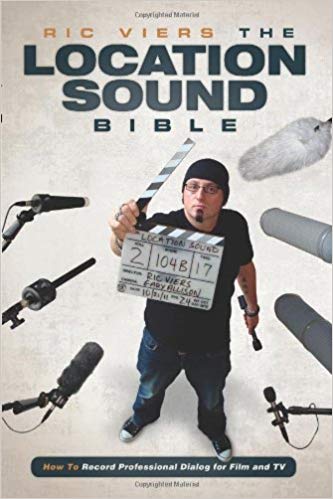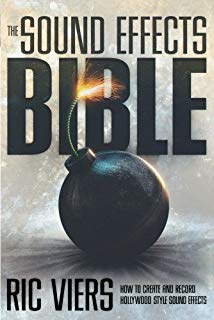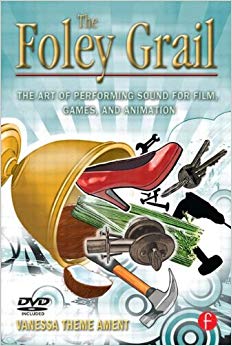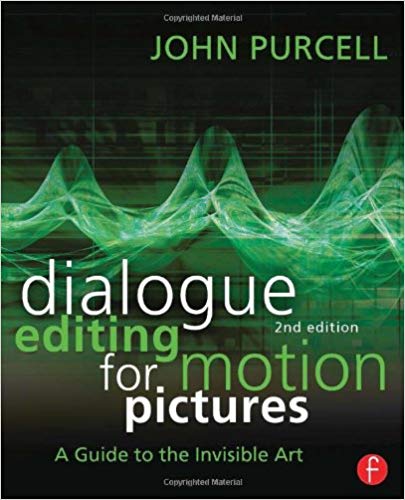I've never had to deal with the schmuck clients that you reference, who never learn from their mistakes.
I've never had to deal with those clients either. I've can't honestly recall seeing a client who failed to learn from prior mistakes. I can't speak for Alcove but this is not my issue, my issue is not
IF they learnt from prior mistakes but
WHAT they learned! Typically, I do see improvements in subsequent films, improvements in workflows, efficiency and general technical and artistic quality across many/most aspects of the filmmaking process. At the same time however, I typically see relatively little improvement in the big picture, how all those improved aspects come together and what those improvements actually mean in terms of audience involvement/engagement. All this depends on the individual filmmaker, their aims/goals in making a film and their target audience. I have seen significant improvements in regards to this "big picture" with some filmmakers, I've also seen the opposite, where the details have improved but the "big picture" has actually become worse! By far the most commonly though, I see only a marginal or no improvement in this regard because they haven't fully identified their mistakes in these terms and therefore haven't learnt from them.
Some rare few just get it, they have a natural ability to be objective about themselves and what they create and have an eye for fine details. For these few, it's just a case of learning the fine details specific to filmmaking and applying their objectivity. Others don't necessarily have natural objectivity or an eye for fine details but depending on circumstances/situation can learn/develop it. The vast majority don't get it and probably never wiil, because they are not naturally objective enough to even realise they're not objective and because their circumstances don't force them to develop objectivity. For these people, they will improve many of the various aspects of their filmmaking and therefore make better films but only better to a point, because their lack of objectivity precludes them from fully understanding what "better" really means. I do believe though, that it's possible to say something, to maybe cause an aspiring filmmaker think about filmmaking in different terms and therefore contribute to a "light bulb" moment which might help them avoid this likely fate.
BTW, I've also of course seen filmmakers who insist on repeating some technical/artistic detail mistake time after time, even while learning from and improving other details.
But I'm a better filmmaker today because I made those mistakes.
I do not disagree with this at all. I completely agree that making mistakes and learning from them is the single most effective way of learning and I therefore don't doubt that you and pretty much everyone else is better from making mistakes and learning from them. However, where we appear to disagree, is that I don't believe that trial and error, in the vast majority of cases is enough on it's own to get a filmmaker to where they want to go, depending of course on them individually and where they want to go. It's taken over 100 years for filmmaking to evolve to the point it's at now and an aspiring filmmaker does not have 100 years of trial and error time at their disposal and in some cases put themselves in situationw where they've got no time: Maybe they're not starting when they're young and don't have so much time or maybe they're risking too much too soon and will therefore not have another opportunity to put any lessons learned into use.
but they both seem to want to protect new filmmakers from making mistakes.
That's not how I see it. I'm generally not trying to protect new filmmakers, I'm trying to give advice to existing filmmakers on how to avoid repeating the same mistakes and often, mistakes that they're not even aware they've made. Some other times, I'm trying to protect filmmakers against mistakes which are critical, commonly by advising that they engineer an additional situation which is not so critical and therefore allows them to practise and make mistakes without such severe consequences. In CF's case for example, he appears to have picked up a fair amount of new info in the last week or two about the planning and use of sound and music in filmmaking. My advice is to devise a brief short and try out some of these new ideas/working practises, take risks, make mistakes and learn from them, before he invests years and his entire wad on another feature.
G






